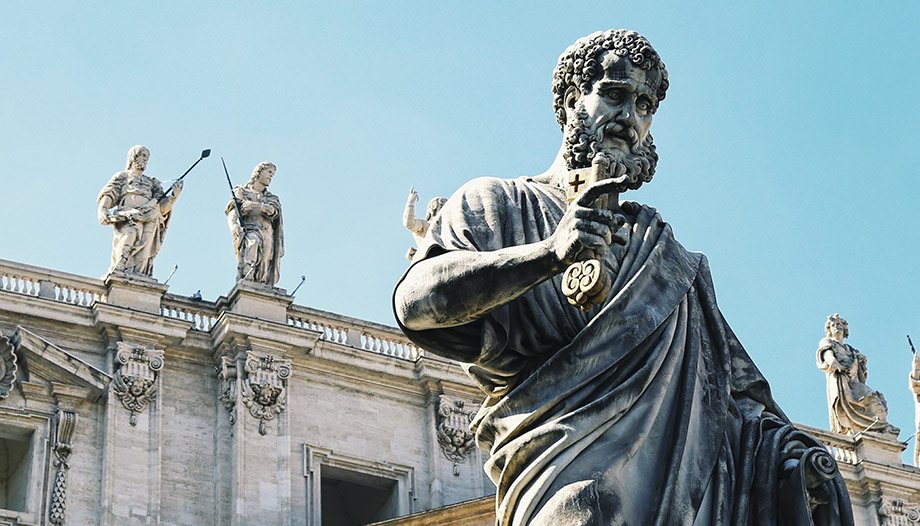Pope Francis will surely be remembered as one of the greatest reformers the Church has ever had. It is enough to enter the website of the Holy Seeclick on the section Francisco to find the pontifical documents through which the Holy Father has legislated over the years.
The Apostolic Constitution comes into force on June 5, 2022 Praedicate Evangelium, on the Roman Curia and its service to the Church.
In this way, Francis joins the list of popes who have reformed this set of bodies that assist in the governance of the Church. Since Sixtus V with the Immensae Aeterni Dei (1588), passing through St. Pius X with the Sapienti consilio (1908), St. Paul VI with the Regimini Ecclesiae universi (1967) and St. John Paul II with Pastor Bonus (1988).
This is a long-awaited reform since, in 2013, Francis announced the creation of a Council of Cardinals with the aim of assisting him in the governance of the Church and helping him draft a new constitution for the Roman Curia. But how important is the Roman Curia? Although it is not essential to the constitution of the Church, the work it does is not insignificant. The so-called dicasteries assist the Pope in the direction of the whole Church, composed of more than 1.3 billion faithful, according to the Pontifical Yearbook. We understand why this norm, which finally saw the light of day on March 19, 2022, was so long awaited.
Progressive reform
However, Pope Francis seems to have opted for a progressive reform. The current apostolic constitution takes up a series of reforms that the Pope had already begun since the beginning of his pontificate.
An example of this is the Dicastery for the Doctrine of the Faith, which was reformed last February 14 by means of the motu proprio Fidem servareThe new dicastery was established, instituting two sections instead of the four offices it had before: one for doctrinal questions and the other for disciplinary questions, each with its own secretary and under the direction of the prefect of the dicastery.
Another progressive change or reform was the creation of the Dicastery for the Service of Integral Human Development, which absorbed four pontifical councils: Pontifical Council Cor Unum, Pontifical Council for Justice and Peace, the Pontifical Council for the Pastoral Care of Migrants and Itinerant People and the Pontifical Council for the Pastoral Care of Health Care Workers.
Valuation of Praedicate Evangelium
What assessment can we make of Praedicate Evangelium?
A positive element is the simplification of the curia's organizational chart, thus eliminating the barriers inherent in a complex organization.
Another element is to have reinforced the purpose of the curia, to assist the pope in the mission of the Church. Hence the name of the apostolic constitution, which alludes to Christ's command to his apostles to preach the Gospel.
At the same time, the Pope points out that the Roman Curia has the task of strengthening the link between the successor of Peter, the College of Bishops and the Eastern Hierarchical Structures. Also with individual bishops, and with the various national, regional or continental bodies.
This is an essential point for the success of the reform. To remember the reason why the Church exists, to serve all souls so that they may attain salvation.
In this way, we will be free from human, political or ideological visions that should have no place in the Church, otherwise the mission entrusted to her by Christ will be distorted.








